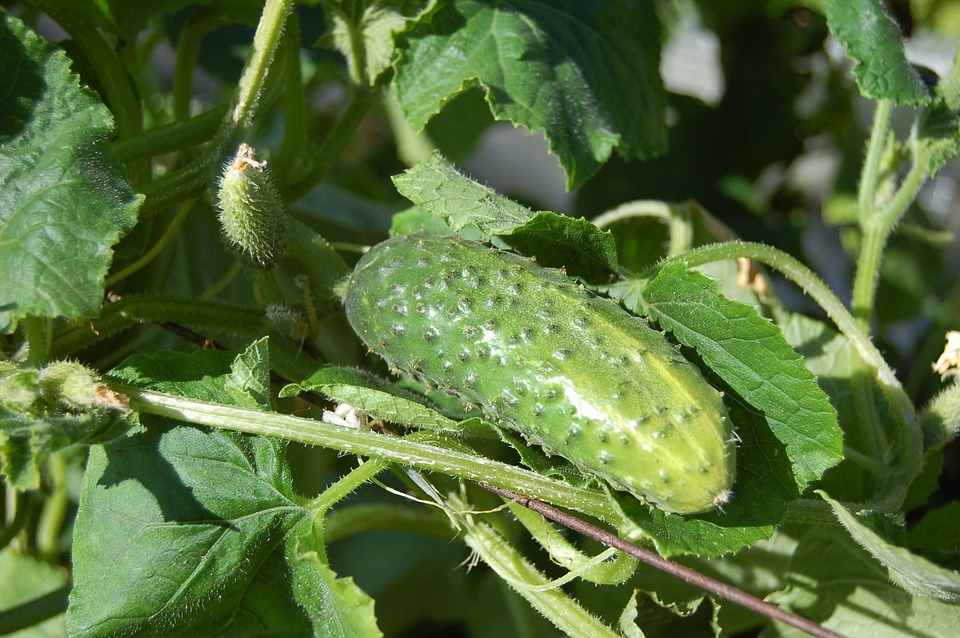
If you love cucumbers and you are a horse owner, it’s only natural that you’d want to share the delicious crisp taste of cucumbers with your beloved animal. Wouldn’t it be great if you had a way to put all those overgrown cucumbers from your garden to good use? Horses can eat a whole variety of different fruits, vegetables, and other human foods, but can horses eat cucumbers?
The short answer is yes, horses can eat cucumbers. The more uncertain question is will your horse like cucumbers? Some horses will eat anything you put in front of them, including things that aren’t good for them and things that aren’t food. Other horses may be picky about eating at any new food including cucumbers.
Can Horses Eat Cucumber Skin?
If your horse likes them, cucumbers are a good source of different vitamins such as Vitamin A, K, Vitamin C, and potassium. Cucumber skin contains dietary fiber. But, can horses eat cucumber skin?
Store bought cucumbers should be washed thoroughly to remove any possible pesticides or other chemicals. If possible, grow your own cucumbers using natural fertilizers that are free of chemicals. If you can’t grow your own cucumbers for your horse, you can purchase them from an organic farmer’s market. Organic cucumbers are better for you too! If you aren’t sure if cucumbers are pesticide free and can’t wash them thoroughly, it’s best to remove the waxy skin.
Can Cucumbers Make My Horse Sick?
If you’re considering feeding your horse cucumber and they don’t have any known health issues, start by giving them a small piece. Watch them over the next several hours or a full day for any signs of distress.
Unlike cows, horses have a single compartment stomach, they are unable to burp or vomit. Since cucumbers are known to produce gas and colic in babies and adults, you’ll want to watch your horse specifically for signs of colic.
Look for changes in behavior such as lethargy (sleepiness), pawing at the floor, lying down or rolling from side to side. Watch for signs that your horse is eating, drinking, or pooping less than usual. Excessive sweating, higher than usual heart rate, less frequent gut noises or louder than usual gut noises, and attempts to urinate without success can also indicate colic in your horse.
As with anything else, the key to preventing a problem when letting your horse eat cucumbers is to feed them in moderation. One cucumber every week or every other week should be relatively safe. Colic can be a very serious and even fatal problem for a horse. If you think your horse is experiencing colic after eating cucumber or any other food, contact a veterinarian immediately.
Can Horses Eat Cucumbers Whole?
Horses have large teeth and are capable of biting vegetables into large chunks. The danger of course with feeding your horse whole cucumbers is that they could have trouble swallowing or choke. If your horse has not had any previous problems with chewing and swallowing, it’s probably safe to hold a large cucumber and let them bite off chunks of it a little at a time. If you’re going to include cucumber in your horse’s feeder with their grain, it’s probably best to cut the cucumber into six to eight large chunks to prevent any possibility of your horse choking.